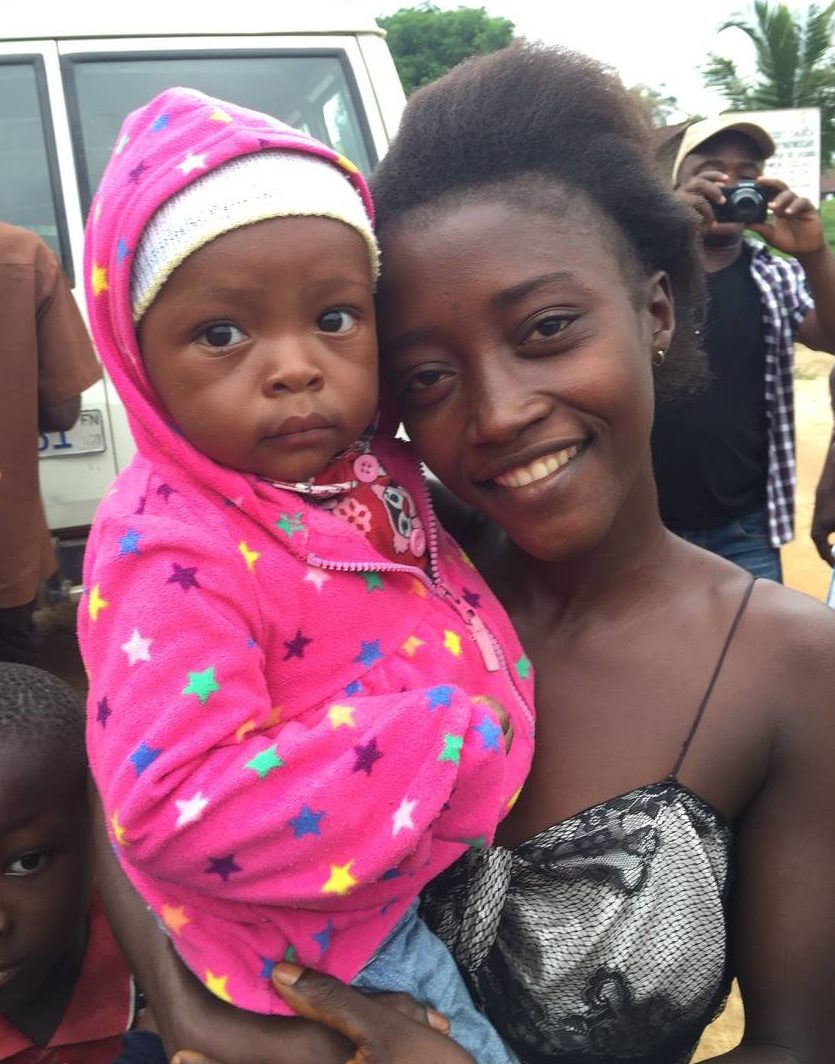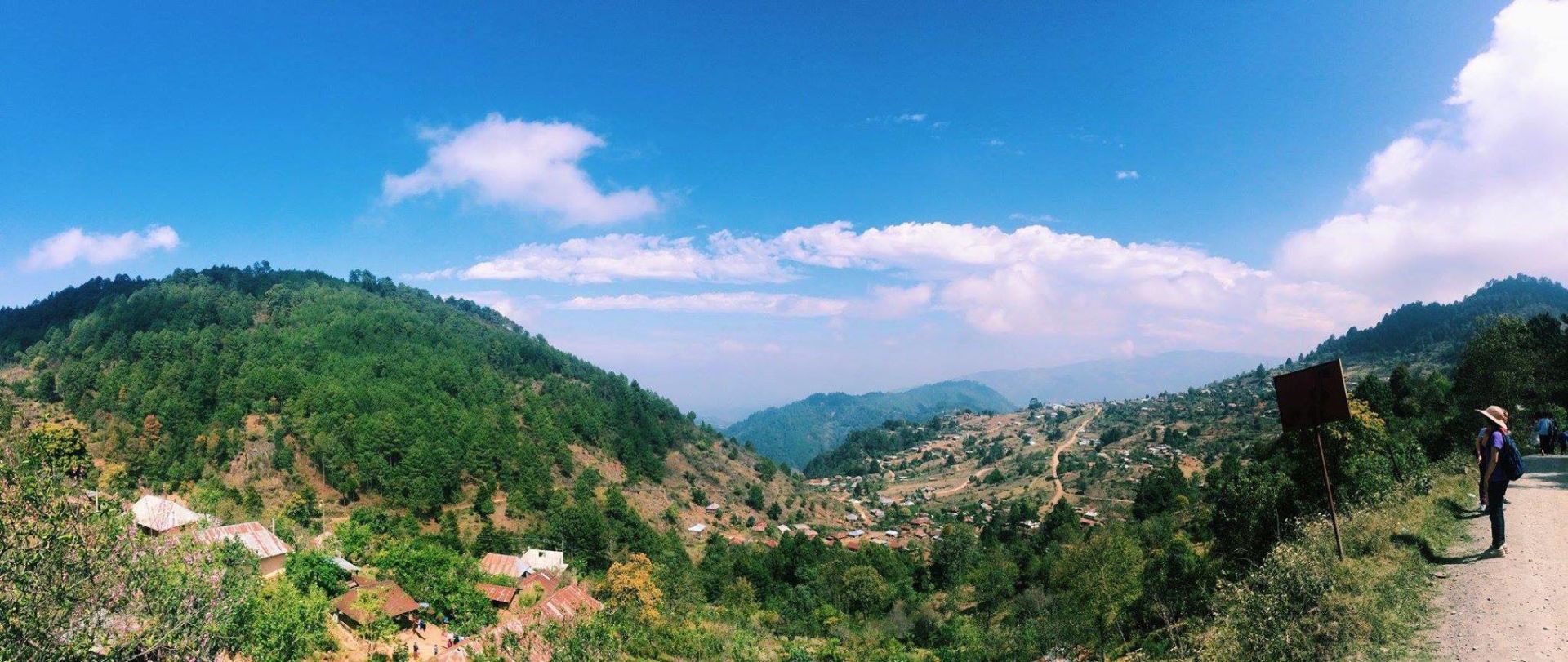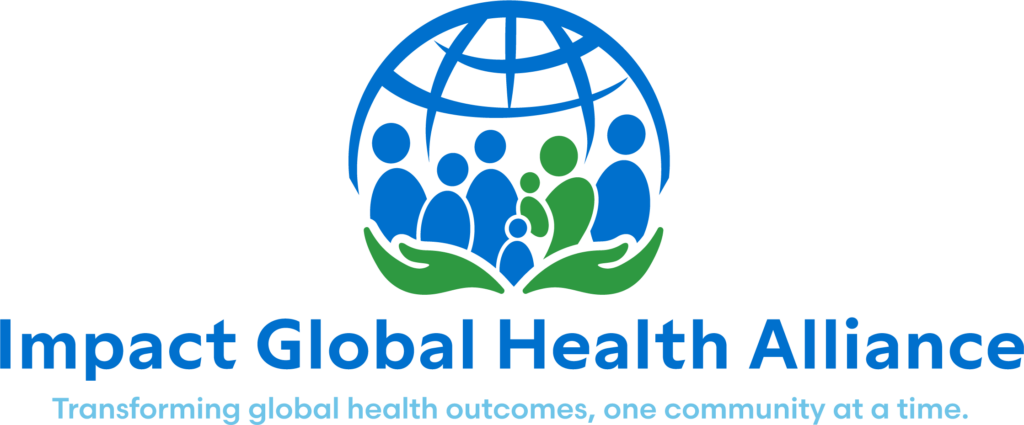Happy Mother’s Day from Impact Global Health Alliance Global! Since the vision of our organization is healthy mothers and children around the world, we consider this to be a very important day. Important for both the recognition of mothers and all that they do, as well as to raise awareness about issues that continue to affect many mothers around the world.
Because of your support over the last year, Impact Global Health Alliance has reached over 100,000 people living in high-need communities with lifesaving health education and services. Helps us reach more mothers in 2017 by making a donation today.
Due to the absence of skilled care the lives of many mothers around the world are lost to situations that could have been prevented. Over 99% percent of maternal deaths occur in developing countries. 90% of these maternal deaths could have been prevented with access to basic medical services.1 While maternal death rates have decreased significantly over that past 30 years, some areas of the world are still dis-proportionally affected.
Poverty, distance, lack of information, inadequate services, and cultural practices all play a role in maternal health.1 Women in remote areas are less likely to receive adequate health care during pregnancy and birth. For instance in Guatemala, the maternal mortality rate for indigenous women (who mainly live in rural areas) is over two times the rate for non-indigenous women.3 This puts them at a greater risk of complications such as postpartum hemorrhage. Which is the leading cause of death during pregnancy 1,2
Cultural barriers create large barriers to seeking medical care during the pregnancy and birth. Examples of barriers include the tradition of home births and the ever-present machismo. Which prevents women from making decisions about their own health. Hospitals are located 4-6 hours away and require transportation costs often outside the reach of families living in the rural areas.
Helping Mothers Thrive
 The success of the Casa Materna is built on trust and respect for the local culture. Case Maternas are both physically and financially accessible for the families living in the rural region. Services are provided by nurses and local women trained by the Casa Materna as skilled birth attendants. These women grew up in the Mayan culture and are native speakers of the local Mayan language. At the Casa Materna, women give birth using traditional positions and methods. The mothers are allowed to celebrate their baby’s birth with the family using Mayan practices.
The success of the Casa Materna is built on trust and respect for the local culture. Case Maternas are both physically and financially accessible for the families living in the rural region. Services are provided by nurses and local women trained by the Casa Materna as skilled birth attendants. These women grew up in the Mayan culture and are native speakers of the local Mayan language. At the Casa Materna, women give birth using traditional positions and methods. The mothers are allowed to celebrate their baby’s birth with the family using Mayan practices.
Providing women this safe space to give birth in accordance with their culture has been extremely successful. There has been a decrease in the percent of births that take place in the home. Also maternal death rates in the region have gone down. In Impact Global Health Alliance Global’s partner communities there have been 0 maternal deaths in the last four years. This is a huge success in a region where maternal death was common place just one decade ago.
We Love Mothers
Mothers are a crucial part of any family. Supporting our efforts will ensure that women will start motherhood healthy. This will be giving a better life for both them and their families. Please visit our website to learn more about the communities where we work, or visit the donate page to make a contribution towards ending preventable maternal mortality in some of the world’s most vulnerable communities.
Article by Nat Mansfield, Impact Global Health Alliance Global intern
References






